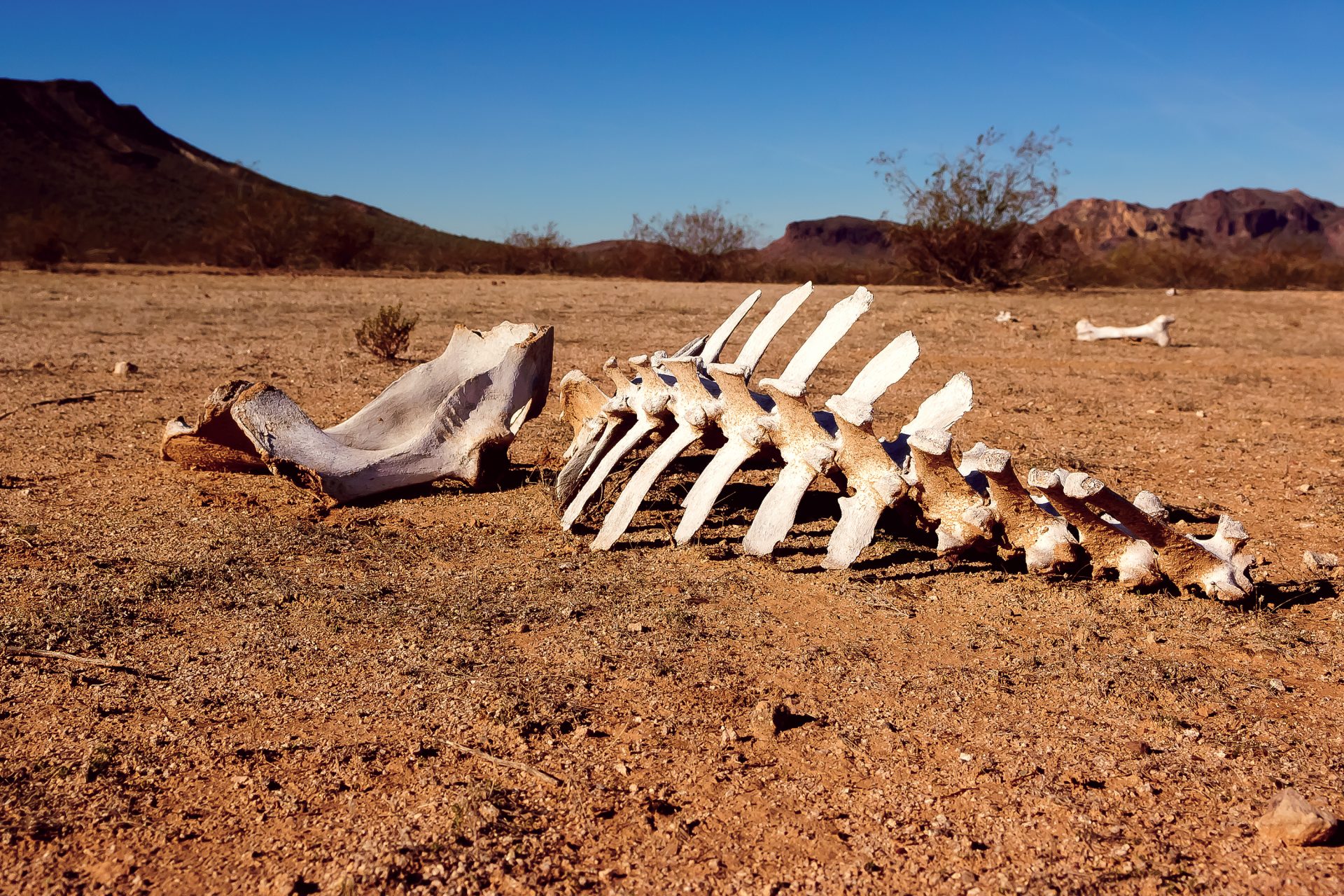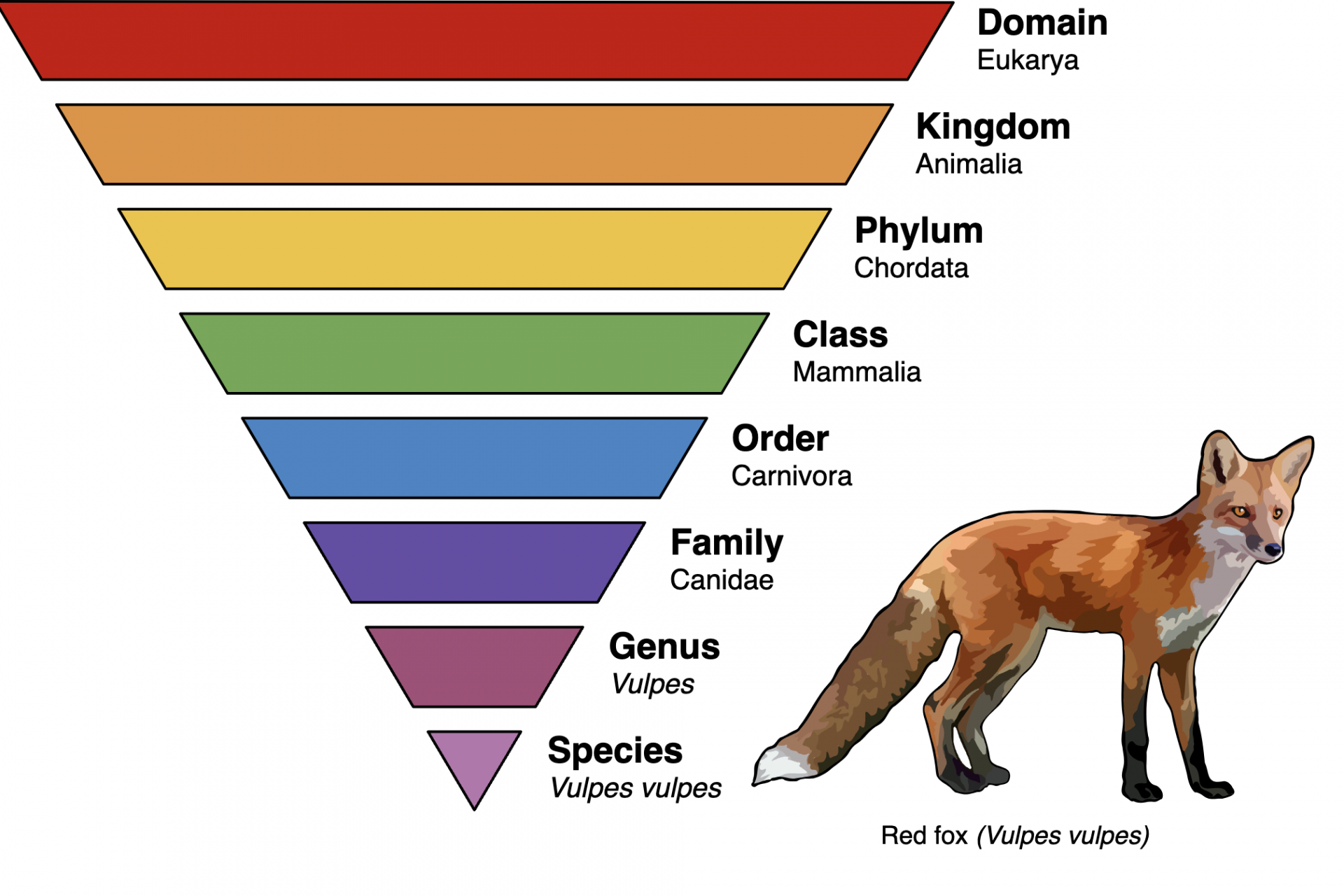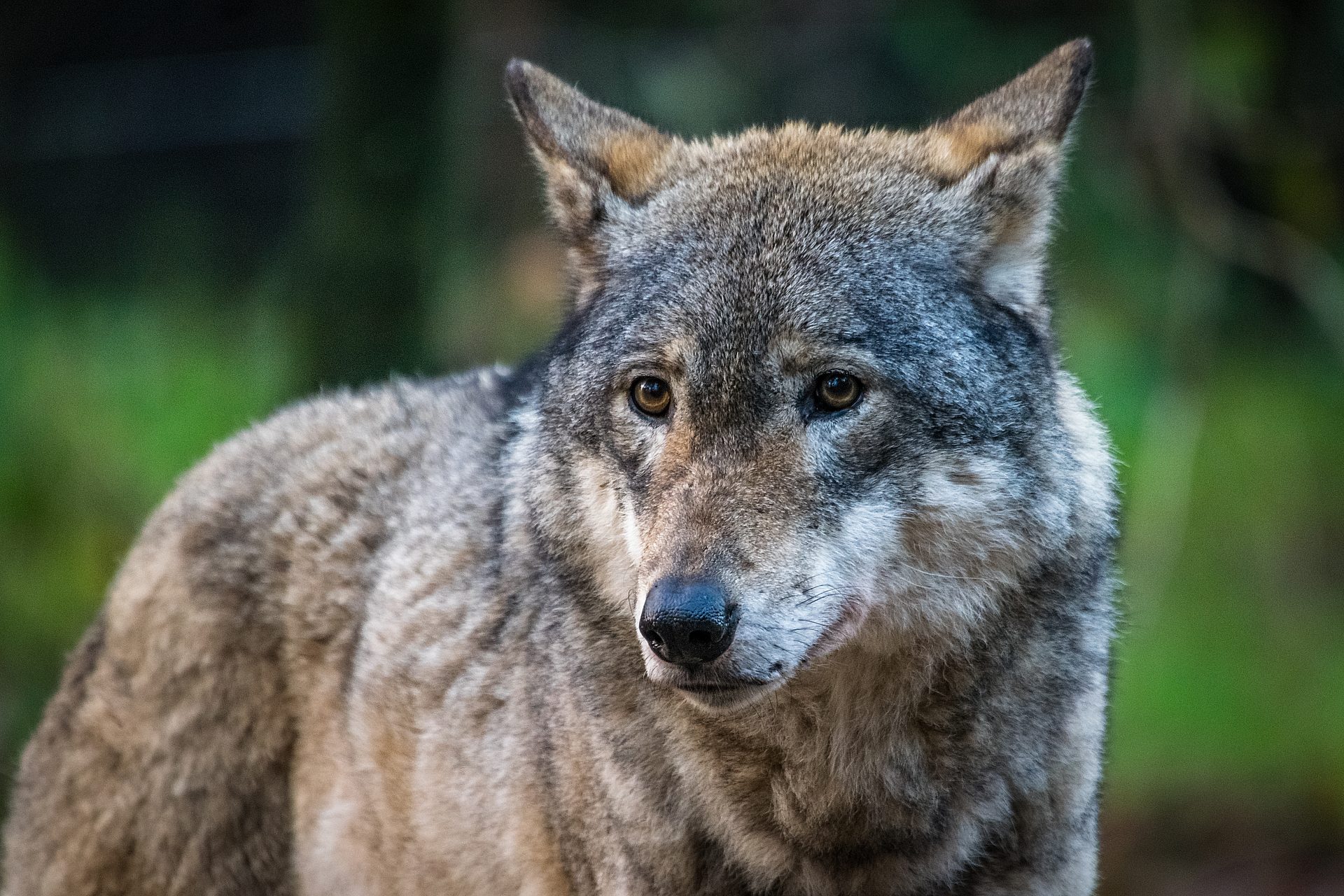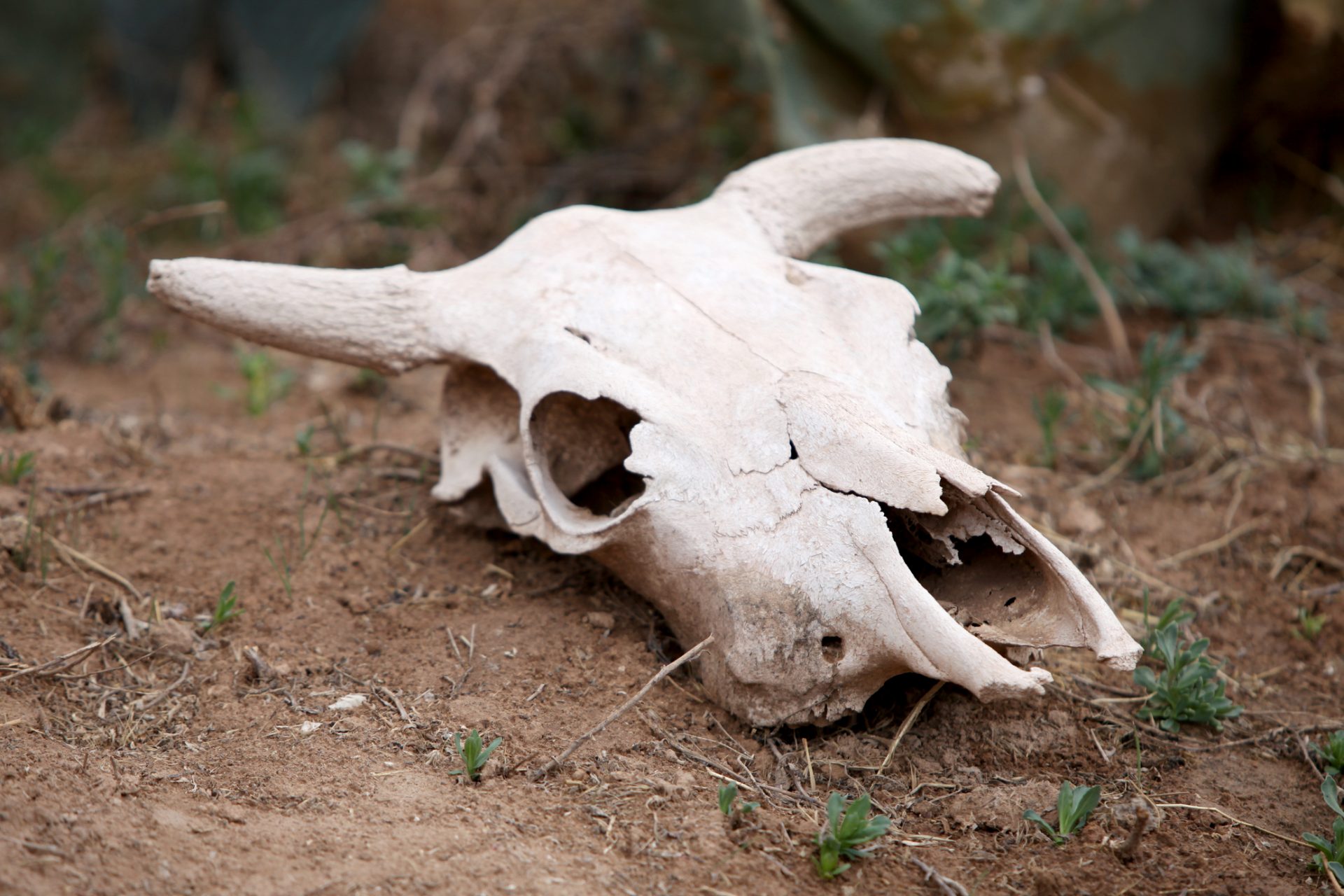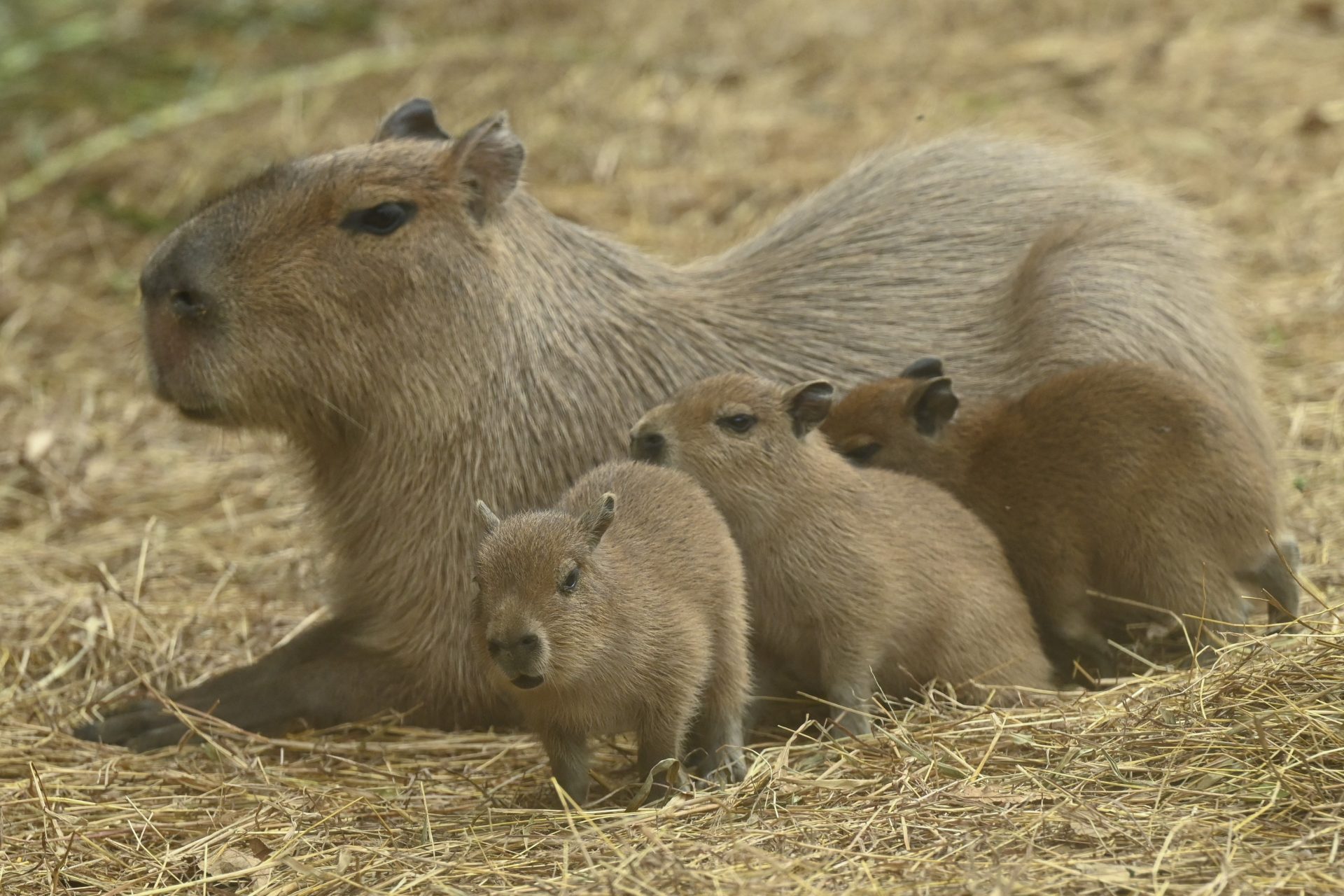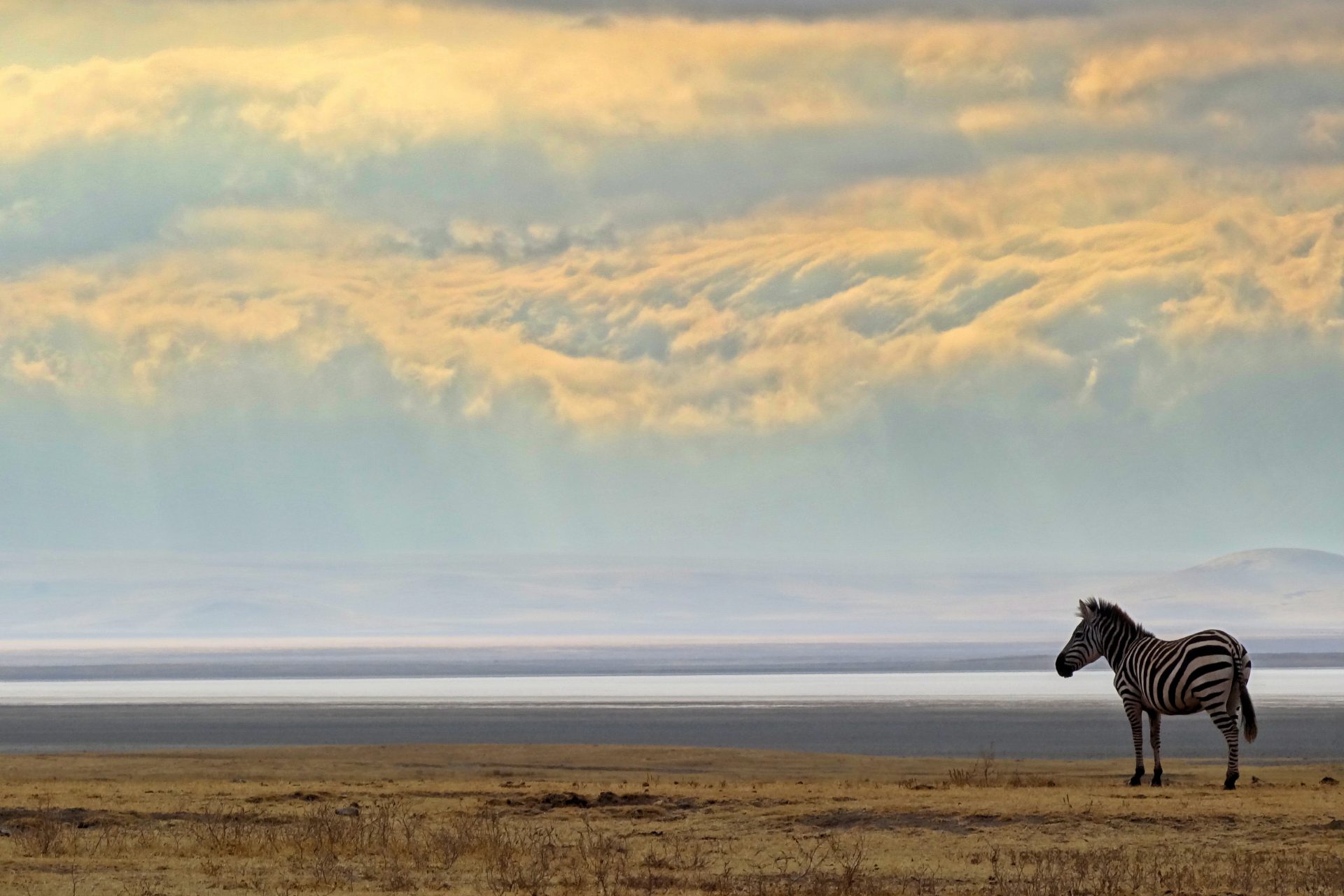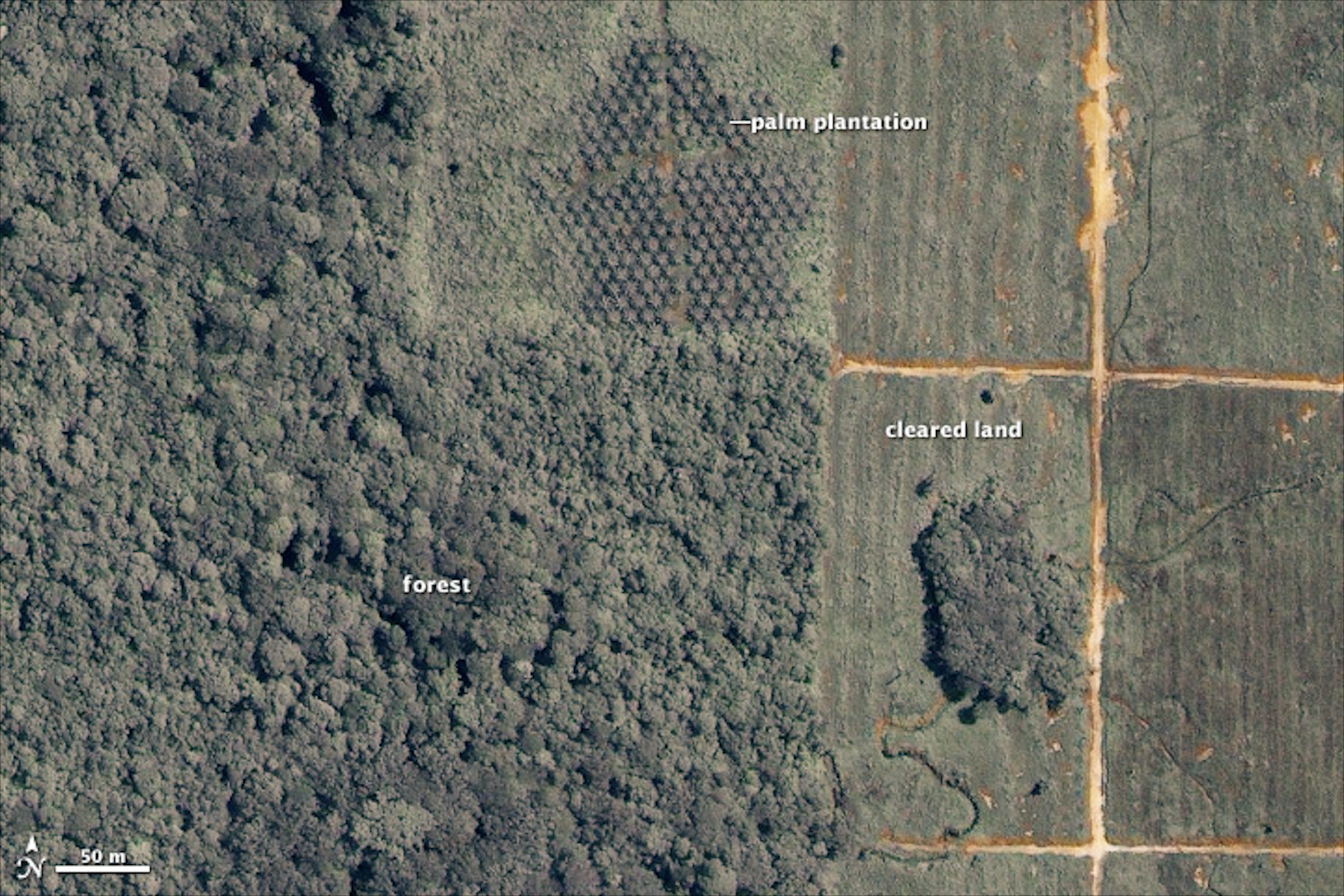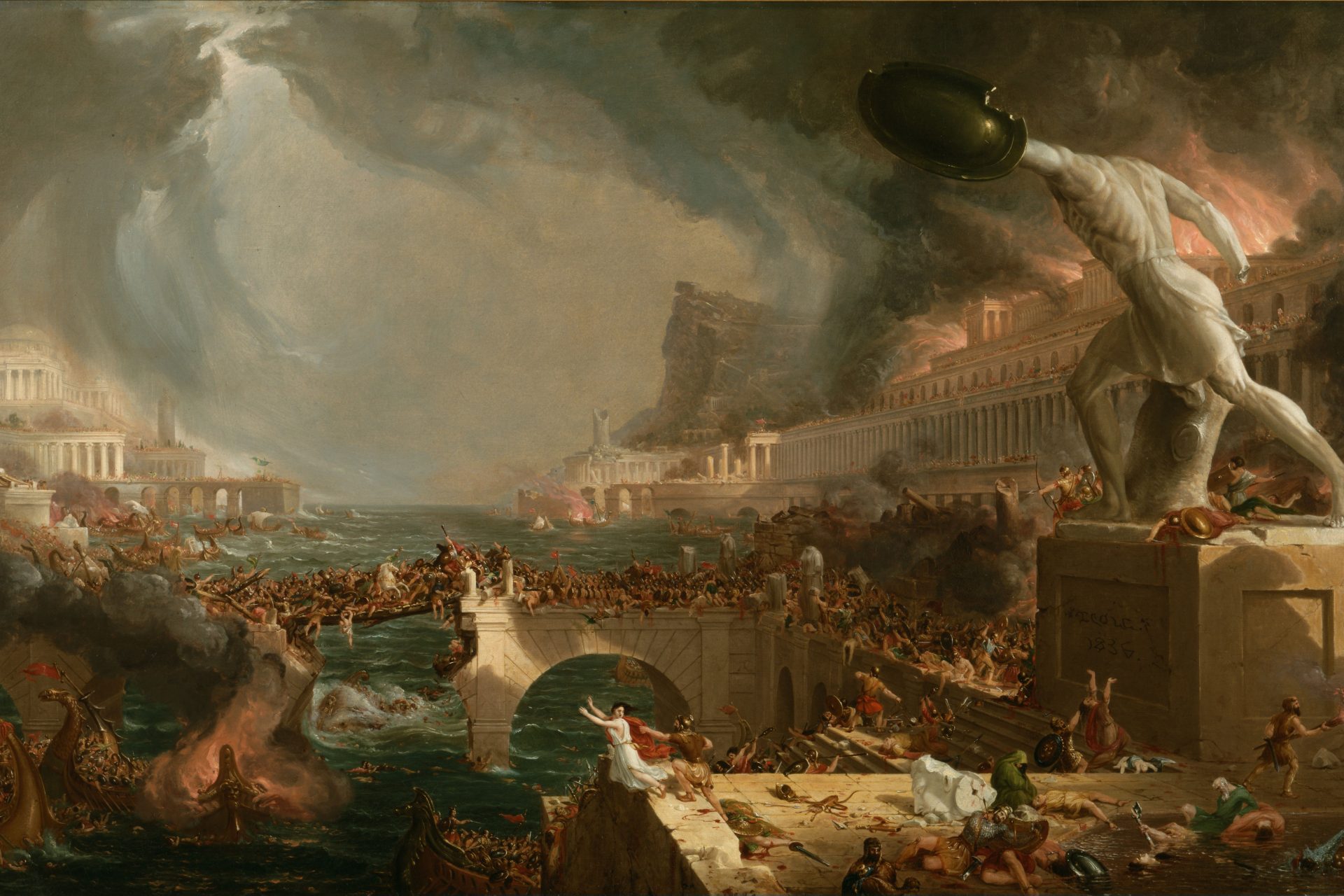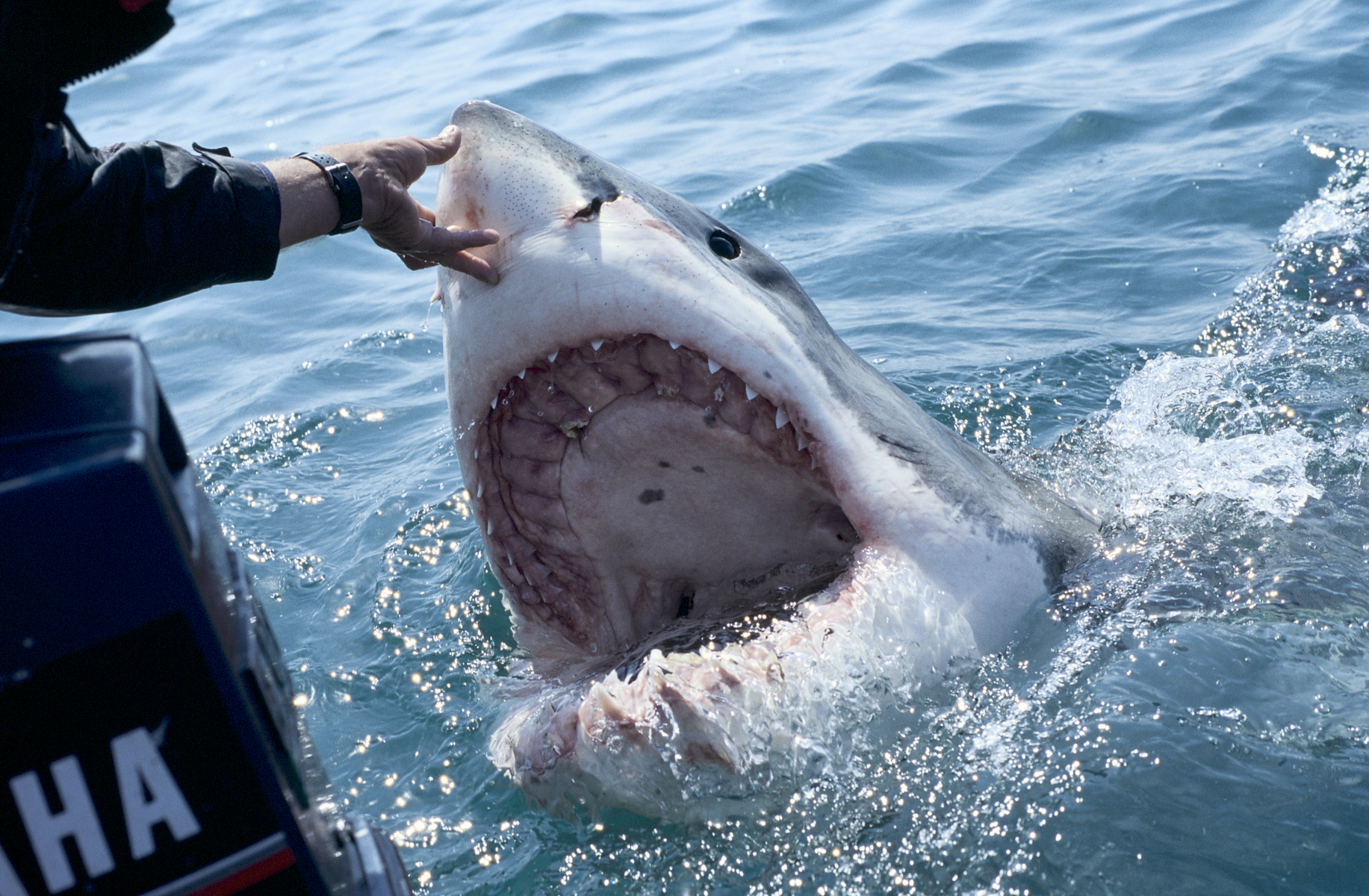Entire branches of life are going extinct and civilization could collapse
Human beings are the primary reason behind the stunning loss of entire branches of life according to a new study warning about the major risks of a sixth mass extinction event.
"The extinction crisis is as bad as the climate change crisis,” study lead author Gerardo Ceballos told Agence France-Presse while talking about his work. “It is not recognized."
Ceballos is a professor at the National Autonomous University of Mexico and his recent study on the drivers of the sixth mass extinction revealed just how bad things are today.
Published in the Proceedings of the National Academy, the study is different from those that came before in that it examines more than just the current loss of individual species.
Ceballos’ study focuses on the extinction of entire genera, which is the plural form of the word genus, and what Encyclopedia Britannica noted was used to classify groups of life.
Photo Credit: Wiki Commons: By Annina Breen - Own work This file was derived from: Rotfuchs.svg, CC BY-SA 4.0, https://commons.wikimedia.org/w/index.php?curid=40559754
For example, the plant genus Rosa contains hundreds of different species of roses that are all different in their own way but similar enough to represent an entire branch of life.
Another example from Science News Explores explained that dogs and wolves are both part of the genus Canis since they are closely related species but not the same species.
It is the extinction of this classification of life that Ceballos and his coauthor Paul Ehrlich decided to study because it had never been looked at before according to the research.
"It is a really significant contribution,” the University of Hawaii’s Robert Cowie explained to AFP, adding it was the first time modern extinction rates were studied above species.
The study was able to show the loss of entire branches of life according to Cowie and it demonstrated that 73 genera have gone extinct since the beginning of the 16th century.
Ceballos and Ehrlich also found that current extinction rates are thirty-five times higher than expected when compared to background rates from the previous one million years.
More importantly, the researchers were able to show that the genera lost in the last five centuries would have taken 18,000 years if humanity had been absent from the planet.
“The human-driven sixth mass extinction is more severe than previously assessed and is rapidly accelerating,” the researcher wrote before saying extinctions would get worse.
The study primarily used data collected from the International Union for Conservation of Nature on global extinctions and it focused on vertebrate species according to the AFP.
Photo Credit: Wiki Commons: By Original: IUCN Vector: Mysid - Vectorized in Inkscape by Mysid from http://cms.iucn.org/img/logo.gifTransferred from en.wikipedia by SreeBot, Public Domain, https://commons.wikimedia.org/w/index.php?curid=17359311
Unfortunately, the most worrying part of the study is that the rapid extinction of even one genus will have profound consequences for an entire ecosystem according to Ceballos.
Photo Credit: Wiki Commons: By Bjørn Christian Tørrissen - Own work by uploader, http://bjornfree.com/galleries.html, CC BY-SA 3.0, https://commons.wikimedia.org/w/index.php?curid=22951927
"What is at stake is the future of mankind," Ceballos told AFP. "If you take one brick, the wall won't collapse… "You take many more, eventually the wall will collapse,” he added.
Photo Credit: Wiki Commons: By NASA - http://earthobservatory.nasa.gov/IOTD/view.php?id=40139, Public Domain, https://commons.wikimedia.org/w/index.php?curid=7822586
Ceballos is worried the world is losing genera so fast that it could signal the collapse of civilization. However, he also believes there is time for humanity to save the situation.
Photo Credit: Wiki Commons: By Thomas Cole - Explore Thomas Cole, Public Domain, https://commons.wikimedia.org/w/index.php?curid=183045
"There are 5,400 genera, we can save many of them if we act now,” Ceballos said. But the world needs to act quickly before our window of opportunity to save them closes.
More for you
Top Stories



